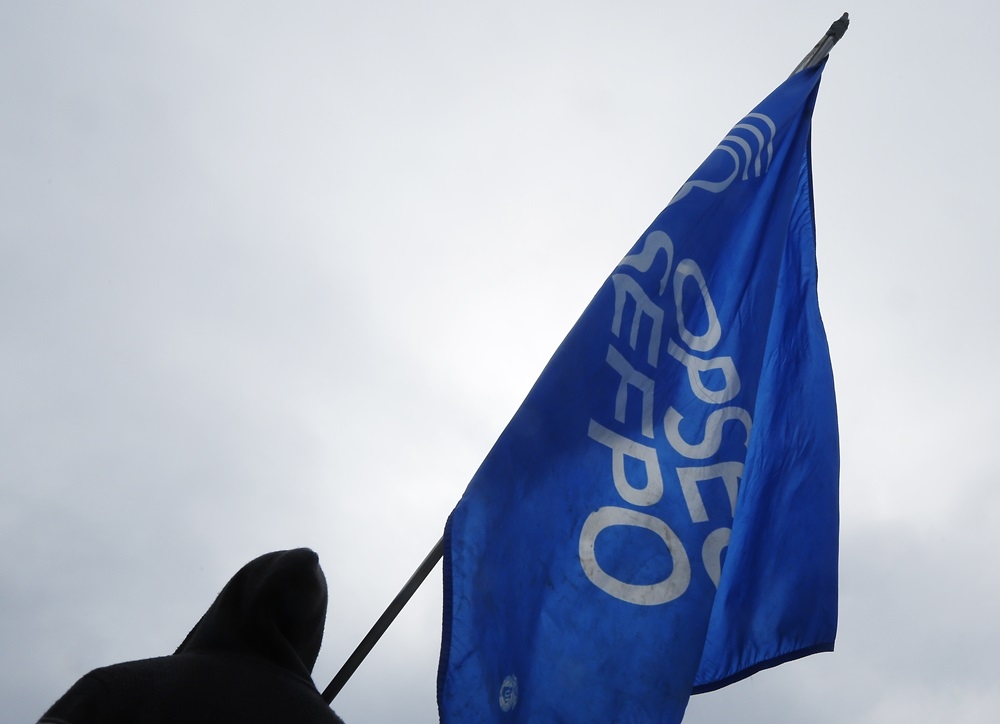A wave of anxiety is washing over families with loved ones residing in a group home operated by Central West Specialized Development Services. As support workers walked off the job, a chilling silence descended – a silence filled with unanswered questions about the care of their vulnerable family members.
The strike, stemming from stalled contract negotiations, has left families feeling abandoned and in the dark. Workers, represented by the Ontario Public Service Employees Union, are fighting for improved wages, crucial mental health support, and safer working conditions. Previous contract offers were rejected, with union members alleging intimidation tactics during negotiations.
Management at CWSDS vehemently denies these allegations, stating they’ve acted in good faith and offered a 6.5 per cent wage increase alongside expanded benefits. However, assurances of continued safety and well-being ring hollow for those directly impacted, as a critical lack of communication persists.

Rabia Khedr’s worry is particularly acute. Her non-verbal brother, Shah Khan, has already experienced a frightening lapse in care. A concerning cut on his finger went untreated, requiring a family trip to the emergency room and subsequent follow-up care – all while requests for an incident report were ignored.
The situation escalated last month when residents were abruptly relocated to a single facility, transforming activity rooms into makeshift bedrooms. This sudden upheaval created an overcrowded and stressful environment, leaving families blindsided and without explanation. Khedr feels completely shut out, desperate for information about the daily care of her brother.
“This may seem like a minor injury,” Khedr voiced, her frustration palpable, “but if I’m not asking these questions, if there aren’t staff who know him to recognize when something isn’t right, what will happen?” Her fear isn’t just about a single wound; it’s about the potential for a cascade of unnoticed needs.
Jan Beddoe shares similar concerns for her son, Chris, who has Prader-Willi syndrome. Though Chris is adjusting to the new environment, the emotional toll of seeing his familiar support workers on the picket line was devastating. He cried, missing the people he considers family.
Beddoe is also grappling with a worrying physical change – Chris has gained fourteen pounds since the move, a dangerous development given his condition. While temporary agency staff have been responsive to her direct communication, management remains largely unreachable, leaving families to navigate the crisis largely on their own.
Beddoe acknowledges her ability to closely monitor Chris’s care is a privilege not shared by all families, many of whom are aging or live far away. “We all deserve to feel safe and secure,” she stated, “and these guys don’t have it.” The strike isn’t just a labour dispute; it’s a profound disruption to the lives of vulnerable individuals and the peace of mind of those who love them.





